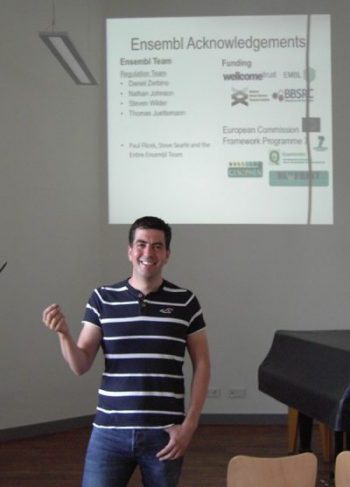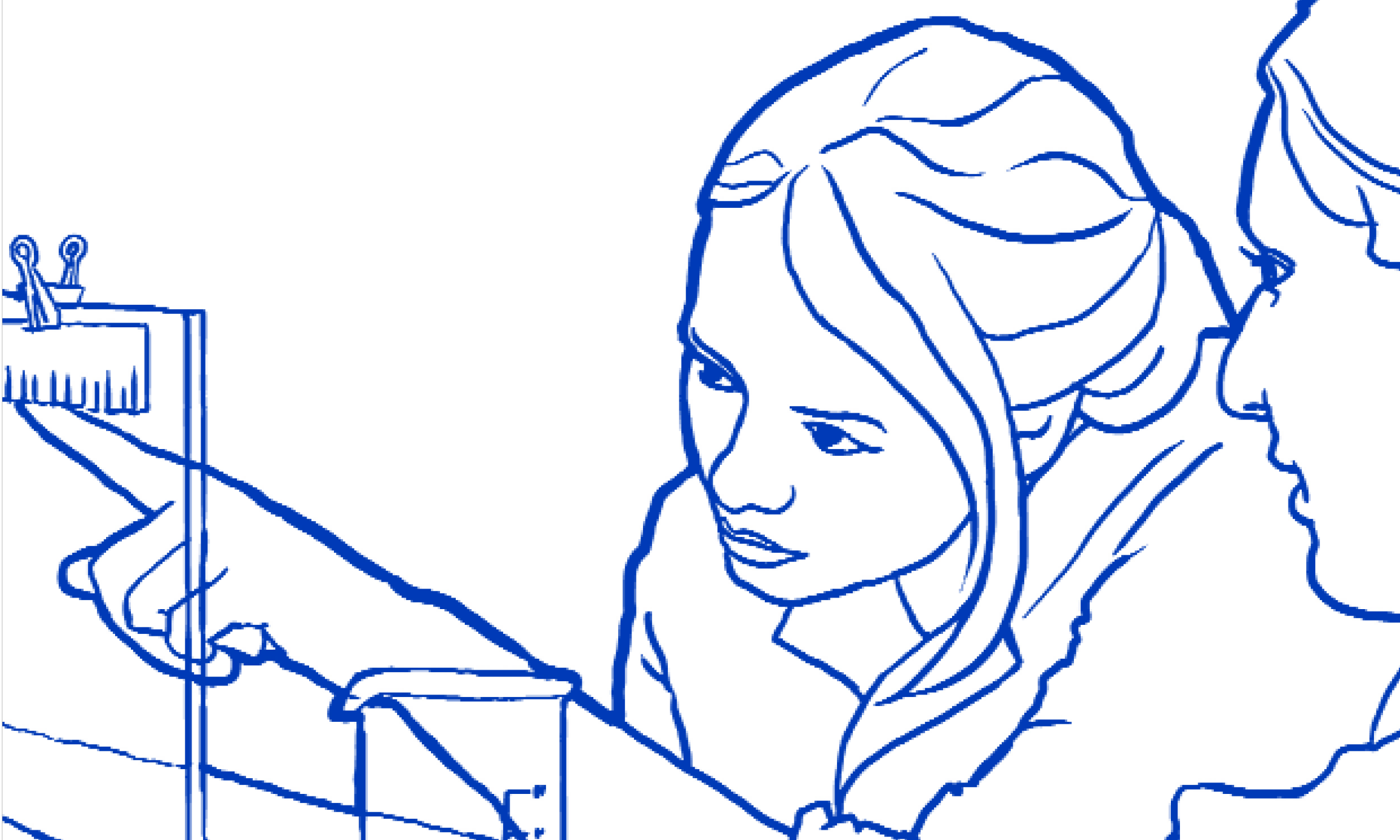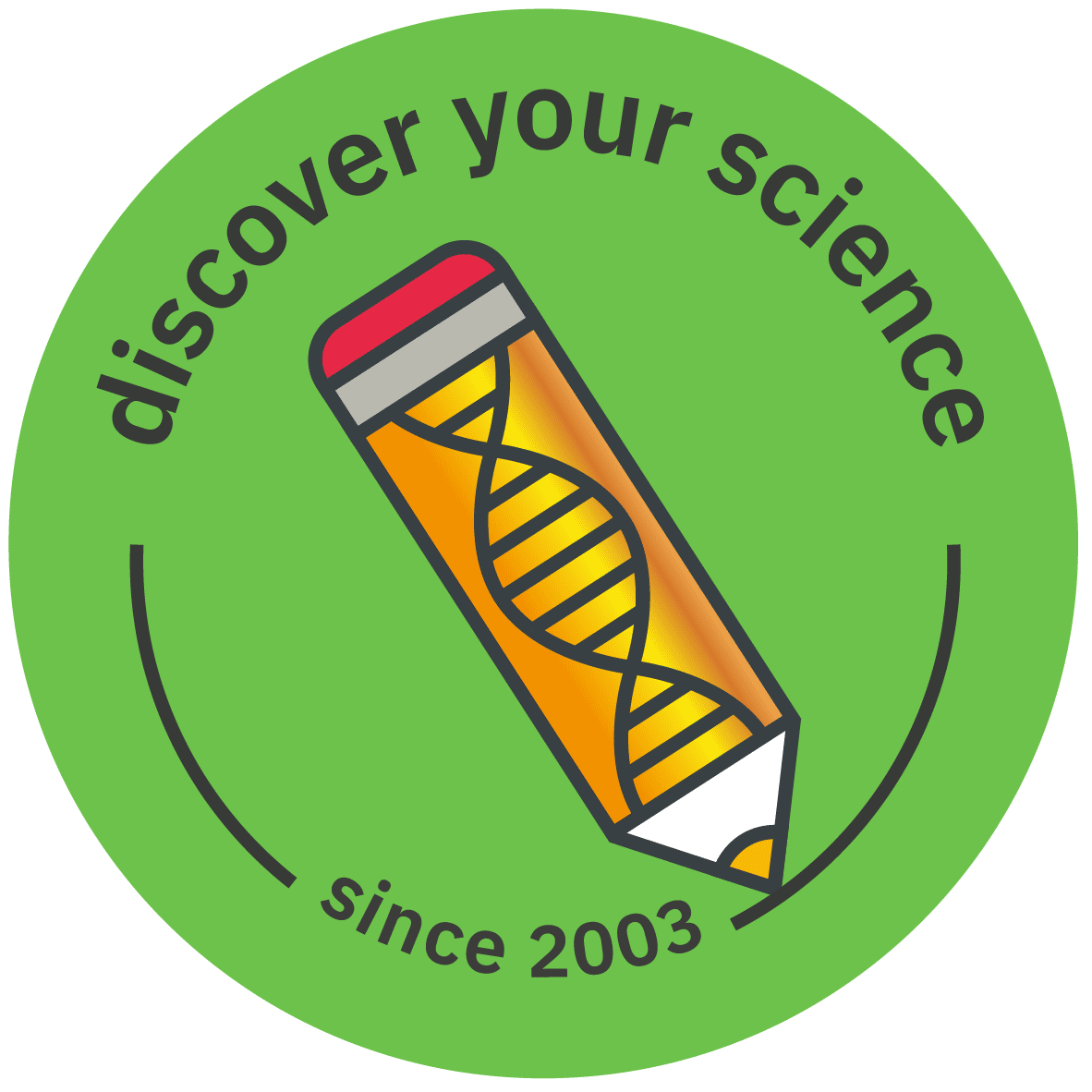EMBL School Ambassador Thomas Jüttemann
Country: Germany
Profile
Thomas Jüttemann is a bioinformatician working at EMBL-EBI in Hinxton, UK.
Diary
August 2013, Wittlich, Germany
I was persuaded by the alumni association of my former high school, the Peter-Wust-Gymnasium in Wittlich, Germany, to attend a “questions and answers” session for students in their graduation year. Two times per year 5 school alumni are invited to talk about their life after school. Flying over just for an evening of Q&A sounded like a missed opportunity to me in the first instance. I contacted one of my former biology teachers, and asked him what he would think about me giving a talk on bioinformatics. The idea was highly welcomed and after signing up as an EMBL School Ambassador with the ELLS, in August 2013 I found myself standing in front of 50 pupils who had never heard anything related to this field.
I gave an overview about the basics of DNA sequencing, briefly compared old and modern DNA sequencing techniques, described which kind of data is produced these days and the growing difficulties of storing, searching, visualising and exchanging it. I used the EU-funded Blueprint project, in which I am participating, as an example of an international collaboration tackling a highly complex topic. A task which could never be attempted without bioinformatics.

Everyone in my audience was highly engaged and they asked many questions. The students were very interested in understanding the scientific background of discussions about genetics – about which they have heard in the media. Especially breast cancer screening was a long discussed topic among the students.
The visit was a very rewarding experience for me and I can highly recommend visiting a school and talking to young people about your research. It helps greatly to develop the skills to communicate science to non-experts, which is in light of the advancements in genetics and its increasing presence in everyday life a very important and valuable skill.

